On 1 June 2025 Mexico became the first country to choose its entire federal bench at the polls. More than 4 000 candidates competed for about 880 federal positions—including all nine Supreme Court seats—while thousands more vied for 1 800 state-level judgeships across 19 of 31 states. Turnout reached only 12.6 – 13.3 percent of the 100 million-strong electorate, a figure the National Electoral Institute (INE) attributed to opposition calls for a boycott and the sheer complexity of multi-page ballots that asked voters to select dozens of largely unknown names. President Claudia Sheinbaum nevertheless declared the low-participation exercise “a triumph of popular sovereignty,” noting that 13 million ballots still dwarf the handful of senators who previously confirmed nominees.
Court Composition and Immediate Winners
Preliminary tallies—91 percent of precincts reported—show six of the top nine vote-getters either served under former president Andrés Manuel López Obrador (AMLO) or were initially placed on the bench by his ruling Morena party. Incumbent justices Lenia Batres, Yasmín Esquivel, and Loretta Ortiz each retained their seats. They will be joined by labor lawyer María Estela Ríos, former Morena policy adviser Irving Espinosa, and overall vote leader Hugo Aguilar, an Indigenous rights advocate and former Zapatista adviser. Gender-parity rules required voters to pick five women and four men, locking in a female majority for the first time. Because Supreme Court rulings are decided by simple majority, the new ideological tilt could influence pending challenges to energy policy, tax disputes, and AMLO-era infrastructure megaprojects.
Reform Rationale and Controversy
AMLO drove the constitutional overhaul after repeated clashes with judges who blocked elements of his nationalist agenda. Adopted in September 2024 by a Morena super-majority, the amendment reduced Supreme Court seats from 11 to nine, lowered required legal experience from 10 to five years, scrapped the 35-year age floor, and mandated popular elections for roughly half of all federal judges this year and the remainder in 2027. Supporters argue direct selection will break elite networks and curb corruption. Critics—including the American and Mexican Bar Associations, Human Rights Watch, and the U.S. Embassy—warn the change politicizes the judiciary, erodes checks and balances, and exposes judges to pressure from drug cartels and party machines.
Those fears gained traction when candidate vetters flagged about twenty “high-risk” contenders, such as Silvia Delgado, former attorney for Sinaloa Cartel kingpin Joaquín “El Chapo” Guzmán, and another aspirant in Durango who served U.S. prison time for trafficking. Election rules forbade parties from formally endorsing anyone, but Morena activists circulated color-coded “cheat sheets” listing recommended choices—an advantage in low-information races dominated by loyal working-class voters mobilized through welfare programs.
Economic and Legal Repercussions
Business leaders fear the perception of a friendlier court could accelerate state intervention in the private sector. Last year the peso slipped more than 2.5 percent after Congress approved the overhaul, reflecting investor concern that commercial disputes may no longer receive neutral adjudication. The American Chamber of Commerce in Mexico says the change may violate United States–Mexico–Canada Agreement (USMCA) language requiring “independent and impartial” tribunals. Multinationals are already inserting more international-arbitration clauses into contracts, raising compliance costs and potentially slowing the near-shoring wave that had buoyed Mexican manufacturing.
Moody’s and Fitch kept Mexico’s sovereign rating steady but flagged the judiciary shake-up as a medium-term risk factor. They noted that upcoming Supreme Court cases—such as foreign-company injunctions against electricity-market rules and investor suits over lithium nationalization—will test the court’s independence sooner than later.
Security and Organized-Crime Risks
Opponents also cite cartel influence. Elected judges in violence-plagued regions may face bribery or intimidation at levels unseen under the old appointment system. Rights group Defensorxs notes that magistrates who oversee extraditions, asset forfeitures, or high-security prisons are especially vulnerable if campaigns require local funding and foot soldiers. The reform creates a new Judicial Discipline Court—also chosen on 1 June—with authority to investigate and dismiss judges, but critics say that body could itself become a political weapon.
Political Fallout and Legitimacy Debate
The Institutional Revolutionary Party (PRI) and National Action Party (PAN) branded the election a “farce” and organized marches in Mexico City under banners reading “Hands off our democracy.” They contend a 13 percent turnout cannot bestow legitimacy on lifetime jurists who will now rule on electoral disputes and constitutional amendments. Sheinbaum counters that even a low-participation popular vote is “more democratic” than Senate confirmation lists compiled by presidents behind closed doors. Pollster Buendía & Márquez calls the legitimacy question “open,” noting historical precedents—both in Mexico and the United States—where judges surprised the politicians who appointed or supported them.
Next Steps
INE will finalize tallies by 10 June; successful candidates must pass background checks before taking office on 1 August. Counting for some lower-court races may run until 15 June. A second nationwide judicial election in 2027 will fill the remaining federal and state benches, cementing the new model unless reversed by another constitutional amendment.
In the interim, Mexico’s legal community will watch whether the Supreme Court moves quickly to assert independence or aligns with Morena priorities. Early docket items include:
- A constitutional challenge to the new mining-royalty regime.
- Foreign-energy-company lawsuits over pipeline contract cancellations.
- An opposition complaint against a presidential decree limiting investigative journalism access to government files.
Outlook
For now, Morena controls the presidency, a legislative super-majority, most governorships, and—pending certification—a sympathetic top court, giving the party unprecedented influence over national direction. Whether that integration produces streamlined governance or undermines investor confidence and rule of law will hinge on the court’s first year of decisions. If the justices demonstrate independence, the experiment could be hailed as a novel model of direct judicial accountability. If they do not, Mexico may face heightened capital flight, USMCA friction, and deeper domestic polarization. Either way, the world’s first ballot-box judiciary has launched a high-stakes test whose consequences will resonate well beyond Mexico’s borders.



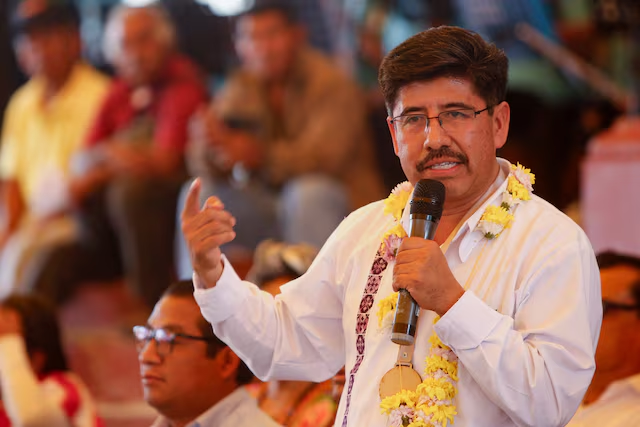
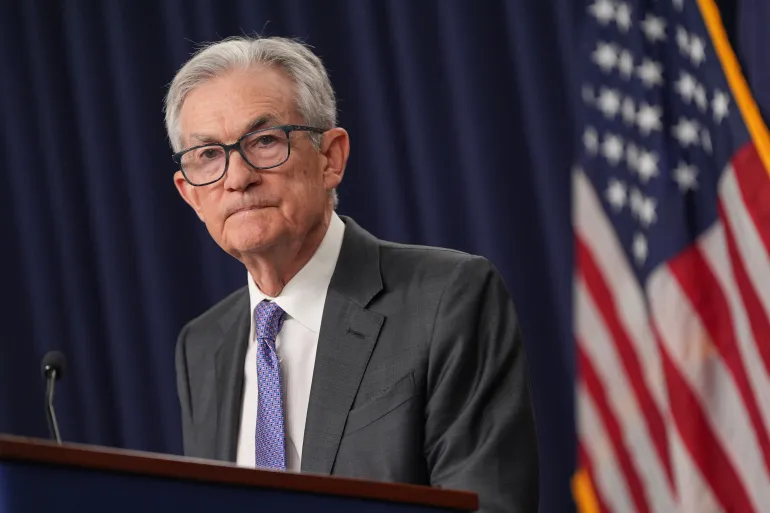
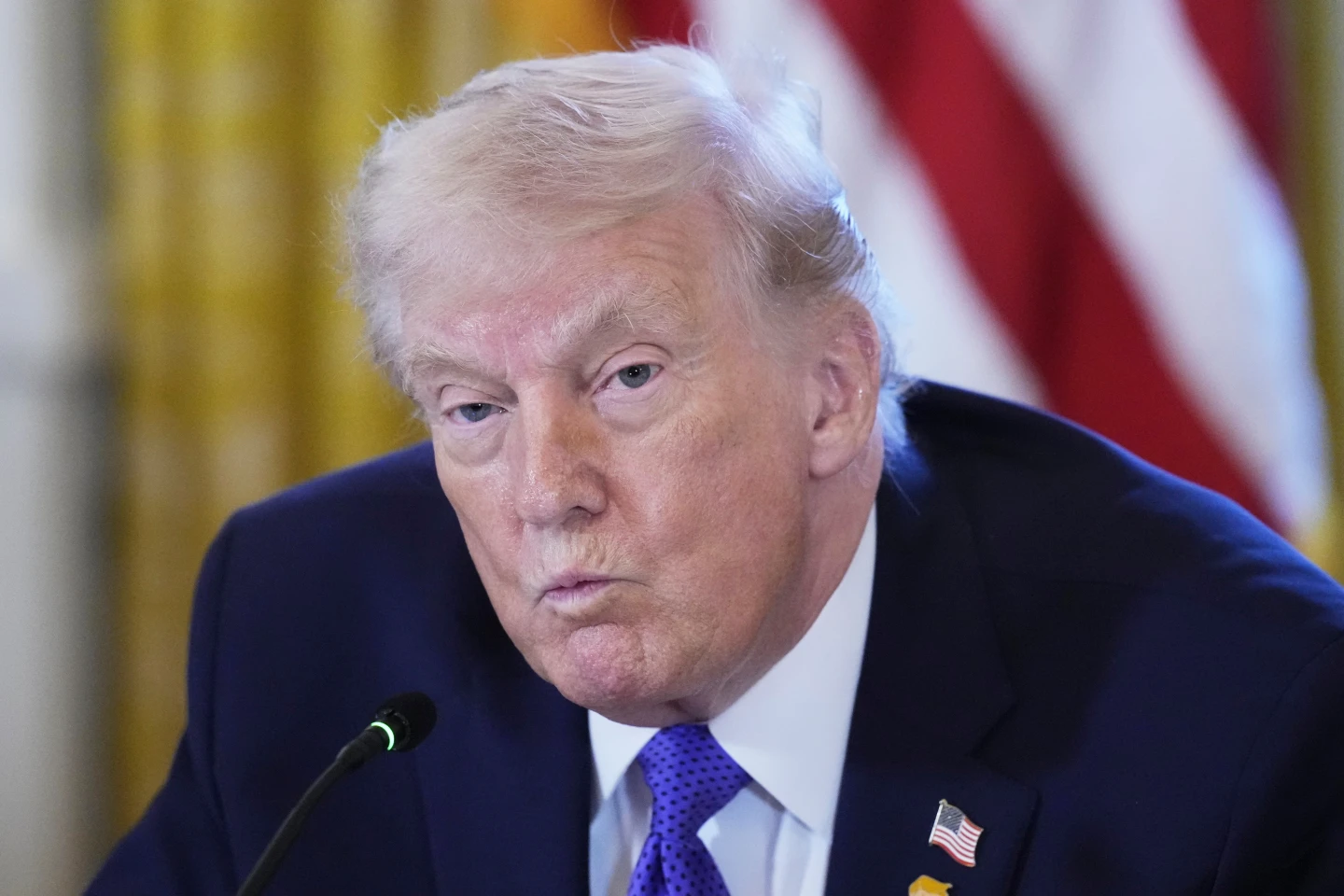
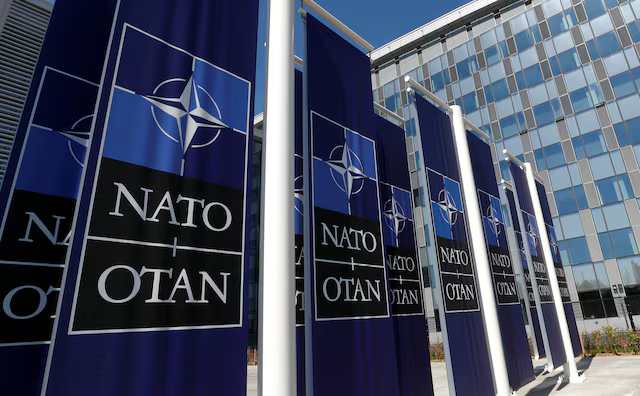
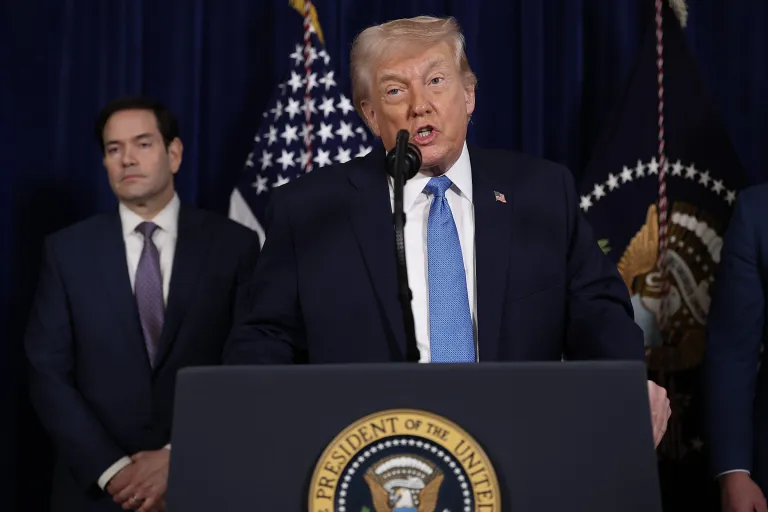
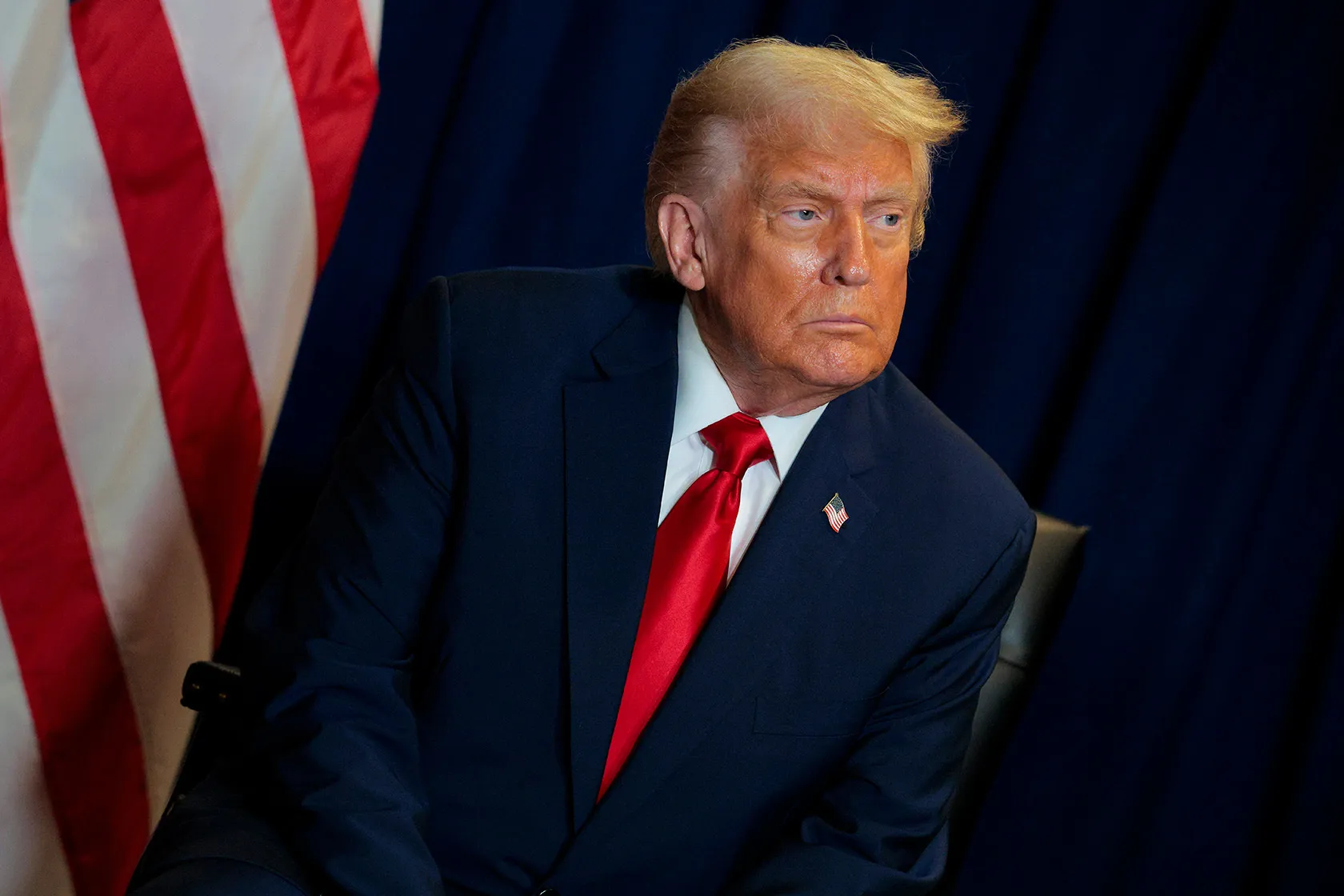
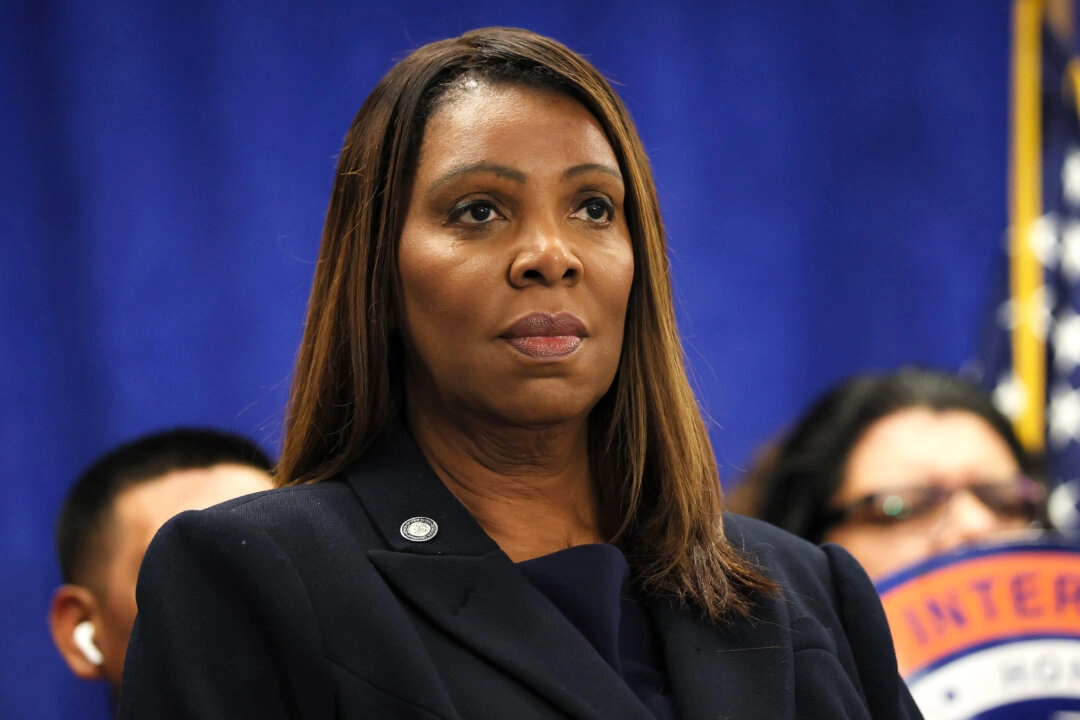

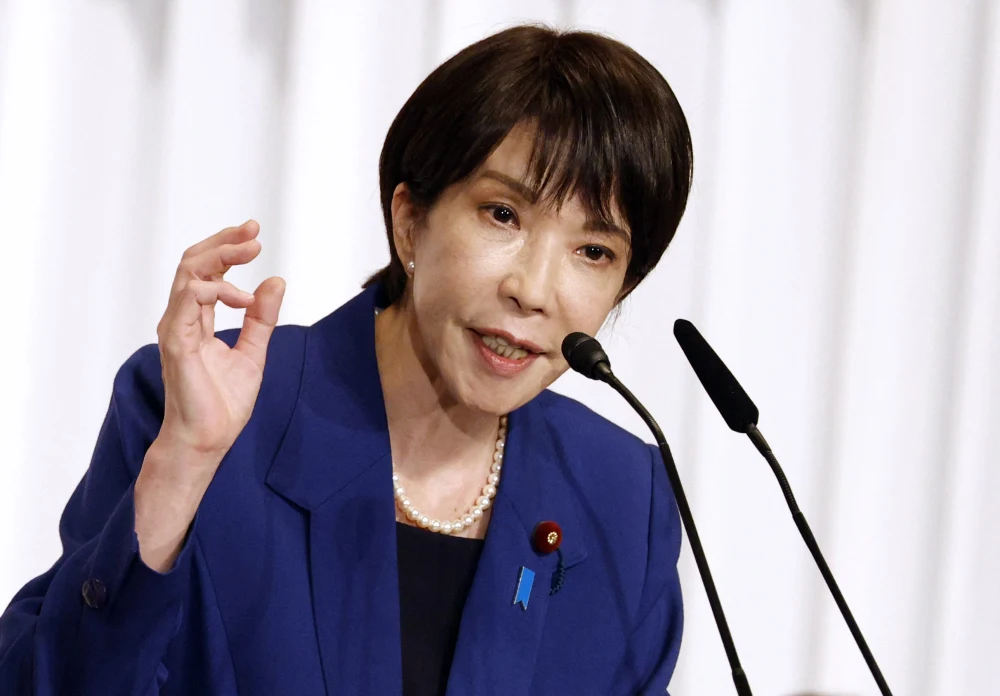
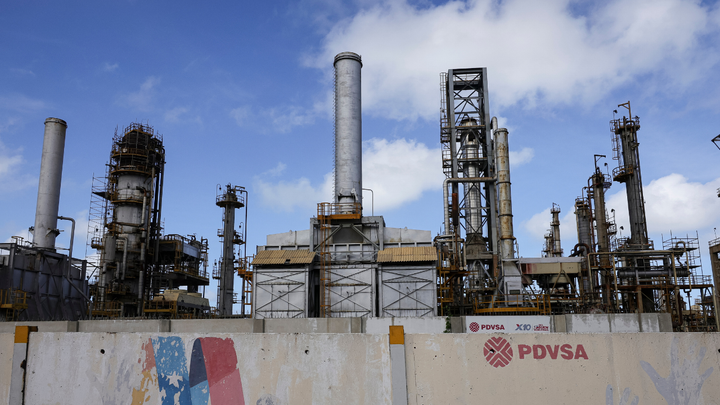
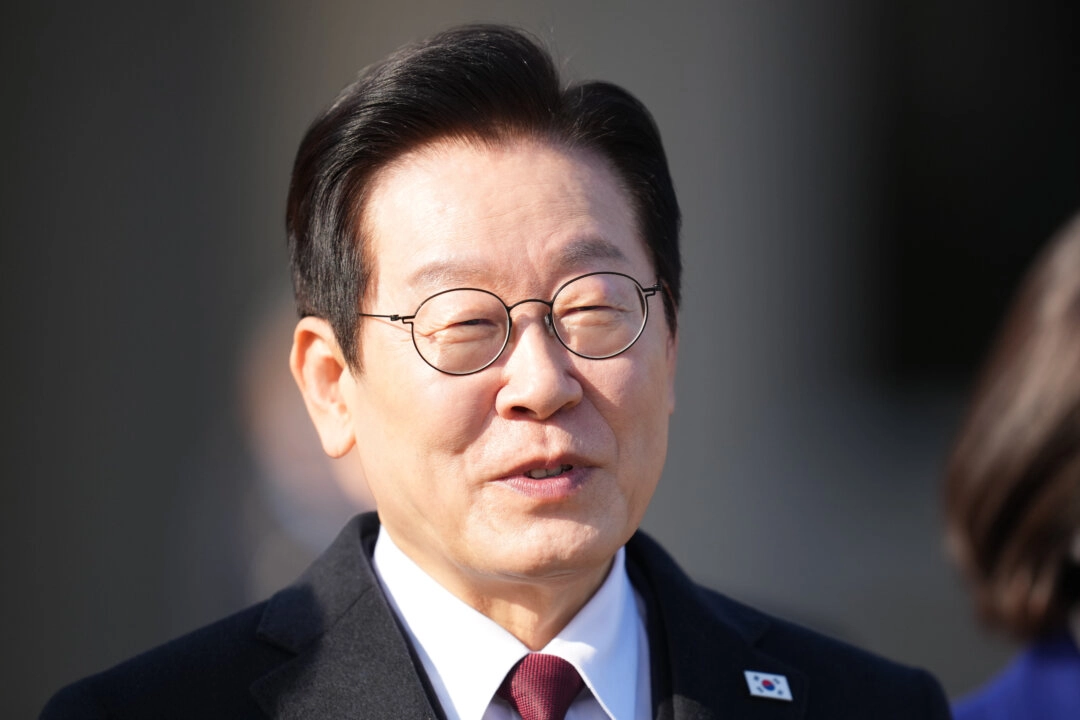
Discussion